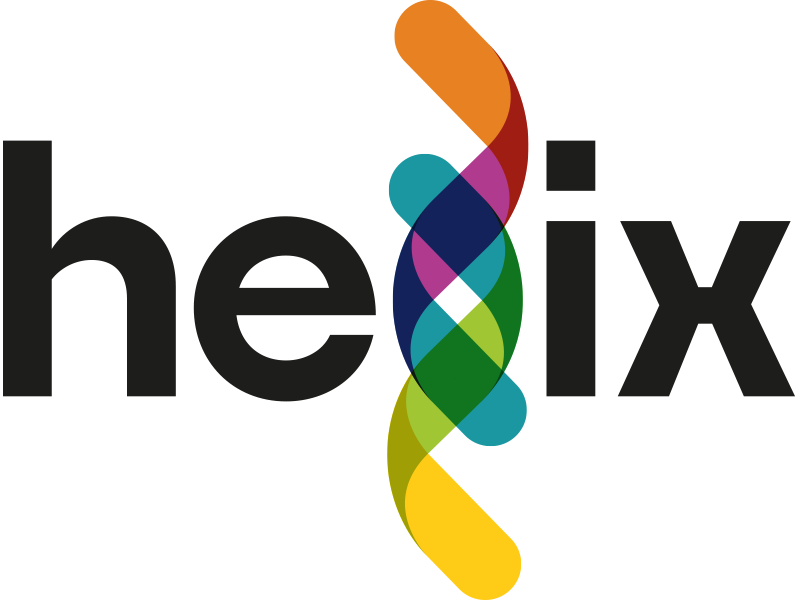Blockchain technology, best known for underpinning cryptocurrencies like Bitcoin and Ethereum, has evolved far beyond its initial use case. Over the past year, blockchain has made significant inroads into various industries, offering solutions that enhance transparency, security, and efficiency. Here, we explore the real-world applications of blockchain technology that are shaping the future.
One of the most promising applications of blockchain is in supply chain management. Traditional supply chains are often complex and opaque, making it difficult to trace the origin and movement of goods. Blockchain provides a decentralized and immutable ledger that records every transaction along the supply chain. This transparency enables businesses to verify the authenticity of products, reduce fraud, and ensure compliance with regulatory requirements.
For example, IBM’s Food Trust blockchain platform allows participants in the food supply chain to trace the journey of food products from farm to table. This not only improves food safety by enabling quick identification of contamination sources but also enhances consumer trust by providing detailed information about the product’s origin.
Another significant application of blockchain is in the field of healthcare. Blockchain can address critical issues such as data security, interoperability, and patient consent. By storing medical records on a blockchain, healthcare providers can ensure that patient data is secure and accessible only to authorized parties. This facilitates seamless sharing of medical information across different providers, improving the quality of care.
Additionally, blockchain can streamline the management of patient consent. Smart contracts, which are self-executing contracts with the terms of the agreement directly written into code, can be used to automate the process of obtaining and verifying patient consent for data sharing and medical procedures. This enhances compliance with regulations such as the Health Insurance Portability and Accountability Act (HIPAA).
In the financial sector, blockchain is driving innovation in areas such as cross-border payments, trade finance, and identity verification. Traditional cross-border payments are often slow and expensive due to the involvement of multiple intermediaries. Blockchain-based payment systems can significantly reduce transaction times and costs by enabling direct transfers between parties.
For instance, Ripple’s blockchain technology facilitates real-time, cross-border payments, providing faster and more cost-effective solutions for financial institutions. Similarly, trade finance, which involves complex processes and numerous parties, can benefit from blockchain’s ability to provide a single source of truth. This reduces the risk of fraud, simplifies documentation, and speeds up transactions.
Identity verification is another area where blockchain is making a difference. Traditional identity verification methods are often cumbersome and prone to fraud. Blockchain-based identity solutions, such as self-sovereign identities, give individuals control over their personal information. Users can share only the necessary data with service providers, reducing the risk of identity theft and enhancing privacy.
Beyond these applications, blockchain is also being explored for use in areas such as voting, intellectual property, and energy. Blockchain-based voting systems can enhance the integrity and transparency of elections by providing a tamper-proof record of votes. This can increase voter trust and participation while reducing the risk of electoral fraud.
In the realm of intellectual property, blockchain can provide a transparent and immutable record of ownership and licensing. Artists, musicians, and creators can use blockchain to protect their work, track usage, and ensure fair compensation. This is particularly relevant in the digital age, where unauthorized copying and distribution of content are prevalent.
The energy sector is also seeing innovative blockchain applications. Blockchain can facilitate peer-to-peer energy trading, allowing individuals and businesses to buy and sell excess energy directly to one another. This promotes the use of renewable energy sources and enhances grid efficiency.
In conclusion, blockchain technology is proving to be a versatile and transformative tool across various industries. Its ability to provide transparency, security, and efficiency is driving its adoption in supply chain management, healthcare, finance, identity verification, and beyond. As blockchain technology continues to evolve, its real-world applications will expand, offering innovative solutions to complex problems and shaping the future of numerous sectors.




